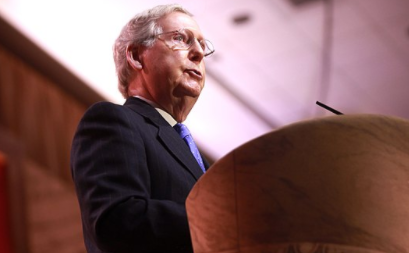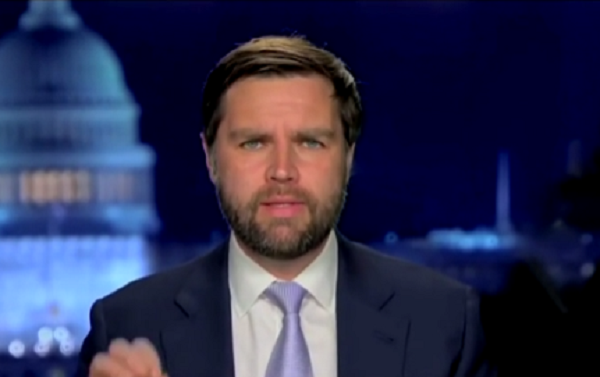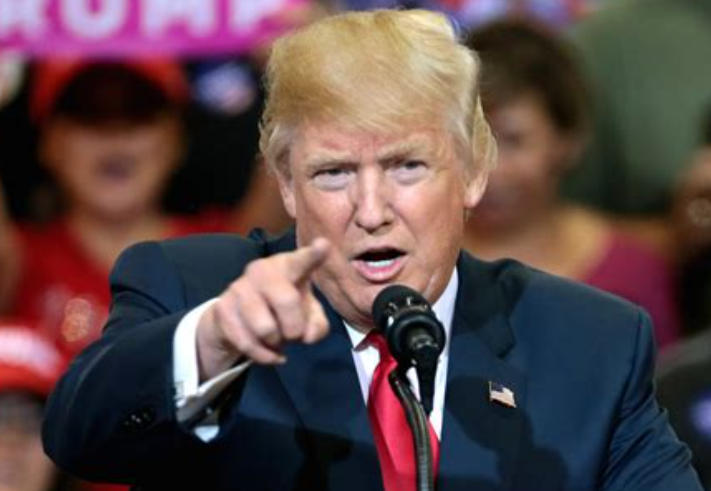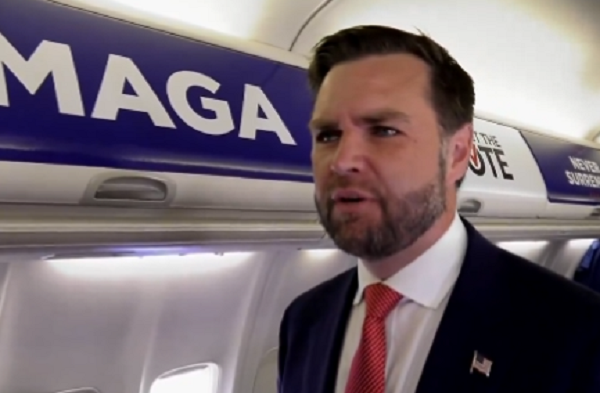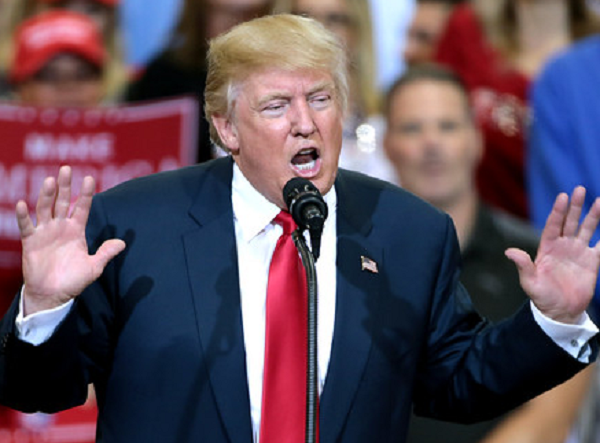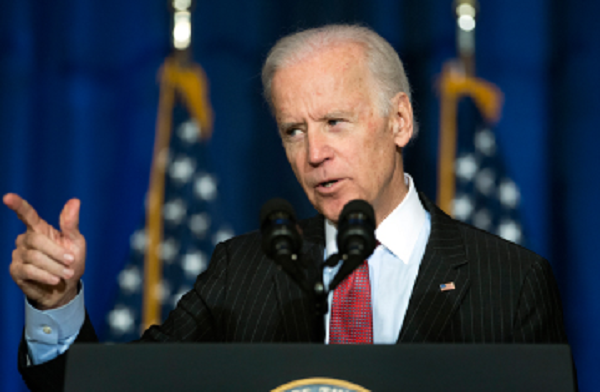The competition to succeed Senate Minority Leader Mitch McConnell (R-KY) is becoming increasingly competitive.
Sen. Rick Scott (R-FL) informed his fellow senators on Wednesday afternoon that he intends to run for the position of leading Senate Republicans in the upcoming Congress, stating, “I am of the opinion that this is a critical moment that calls for significant change.” Senators John Thune (R-SD), who is currently McConnell’s chief deputy, and John Cornyn (R-TX) wasted no time in announcing their own candidacy shortly after McConnell declared in February that he would not seek another term as Senate Republican leader.
NEWS — RICK SCOTT announces he is running for Senate GOP leader, per Dear Colleague he just sent around. More TK
— Andrew Desiderio (@AndrewDesiderio) May 22, 2024
In late 2022, Scott took on McConnell in a bid for the highest position, positioning himself as a conservative option to the Kentuckian. McConnell secured 37 affirmative votes and faced ten votes in opposition, while one senator abstained from voting.
Nevertheless, this vote marked the initial instance where McConnell faced a challenge after assuming the leadership role among Senate Republicans. In his letter on Wednesday, Scott explicitly stated his intention to embody the role of a catalyst for change, distinguishing himself from the establishment-aligned Thune and Cornyn.
“There have been far too many backroom deals cut in secret, rarely do things go through the committee process, and it’s accepted practice to not allow amendment votes to trillion-dollar spending bills,” he wrote. “We are routinely surprised with legislation and asked to vote on it without having had an input or even time to review it.”
In his letter, he strongly criticized McConnell for promoting causes that create divisions within the Republican party but bring Democrats together. He emphasizes that Republicans across the nation expect their elected Senators to resist Democratic demands, which he believes is a reasonable expectation. This letter from Scott coincides with the dilemma faced by the highest-ranking Republican in the House, who has adopted a strategy aligned with McConnell.
Johnson has consistently prioritized Democratic Party interests on significant matters, to the extent that the House Minority Leader has proudly claimed responsibility for setting the House agenda. In early May, Johnson faced a motion to vacate, which essentially served as a recall vote, but he was saved by 163 Democrats who chose to support him. It remains uncertain whether he will continue to lead House Republicans beyond this Congress.

